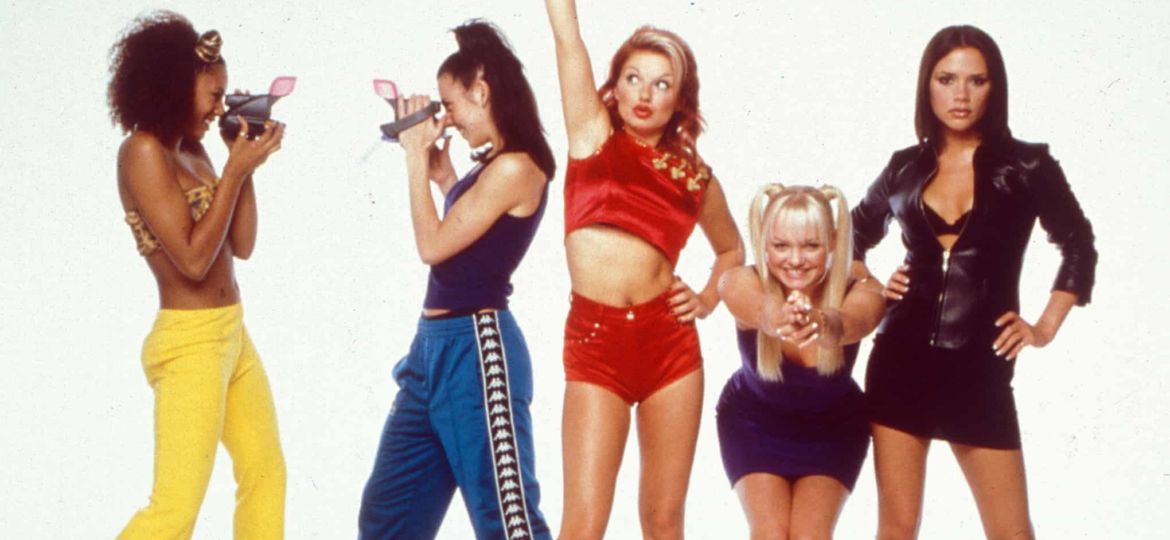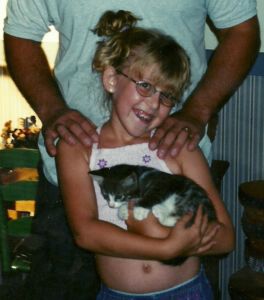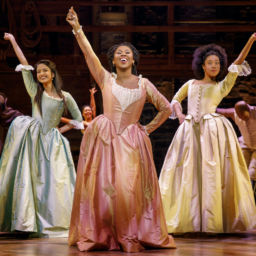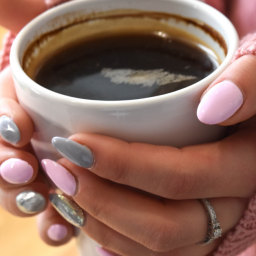
 Imagine this: You’re six years old, jumping around your room belting out the lyrics to your favorite song, “I wanna really, really, really wanna zig-a-zig-ah, If you wanna be my lover, you gotta get with my friends!”
Imagine this: You’re six years old, jumping around your room belting out the lyrics to your favorite song, “I wanna really, really, really wanna zig-a-zig-ah, If you wanna be my lover, you gotta get with my friends!”
For many of my fellow millennial women out there, you probably don’t have to imagine it, you lived it. “Wannabe” by the Spice Girls was released in 1996 and went on to become the best-selling single by a girl group on the planet. This October marked the 25th anniversary of that single, which was the start of an ongoing spirit of Girl Power for many baby feminists, like myself, coming of age in the new millennium.
The Spice Girls were a phenomenon, and their “Girl Power” mantra was impossible to escape. They certainly weren’t the first musicians to preach the power of women. Songs like “You Don’t Own Me” and “I Am Woman” served as anthems for the second wave of feminism in the ‘60s and ‘70s and the riot grrrl punk movement of the early ’90s kicked off the third wave. But the Spice Girls were maybe the first band of this genre aimed directly at young girls, with merchandise like officially licensed dolls, major label candy and soda, costume jewelry, children’s clothes and sneakers, and even an oddly surreal movie.
For me at least, I didn’t associate the Spice Girls with feminism. The prime years of my devotion ran from about ages six to 10, and I’m not sure if I even knew the word back then. But I sure had the lyrics memorized to just about every one of their songs, plus cheeky quotes from the movie like, “We’re the Spice Girls, yes indeed. Just Girl Power is all we need. We know how we got this far. Strength and courage and a Wonderbra!” In an era where most girls were ranking their crushes on the members of the Backstreet Boys or *NSYNC, it was inspiring to also see a powerful group of girls topping the charts.
Several of their songs were about female friendship, but on their first album alone, nine out of the ten songs are about or directed at boys. As a kid, I found myself equally scandalized and fascinated by the sexuality in their lyrics, with songs like “Naked” and “2 Become 1,” obviously not fully understanding the meaning but knowing it wasn’t really meant for an eight-year-old. While their lyrics definitely leaned to the female empowerment side (“Be a little bit wiser baby, put it on, put it on, ‘Cause tonight is the night when two become one”) it still makes me wonder who they were marketing to… little girls, young women, or the men who were sexualizing them?
Their provocative wardrobe could also present an argument against their feminism. Some women would argue the bustiers, short dresses, and high heels that most of the Spice Girls were known for probably aren’t the most comfortable things to wear, serving the male gaze more than an audience of young girls. In fact, I have a distinct memory of a friend getting sent to the office for wearing a Spice Girls t-shirt in first grade, with our teacher saying that their outfits were not appropriate for school.
But while Geri usually rocked her shorter-than-short Union Jack dress and platform heels as Ginger Spice, you could always count on Mel C to be wearing track pants and sneakers as Sporty Spice. And I would argue that the differences that identified each “Spice” were also a way for girls to see that they could dress and act however they wanted, and still be equal members of a patriarchal society. In 1997, Baby Spice Emma was quoted as saying, “‘Girl power is about being whoever you want to be. Wearing your short skirts, your Wonderbra, and your make-up, but having something to say as well.”
Whether or not you see the Spice Girls as pioneers of third-wave feminism, I think most of us would still agree that their antics were fun and their music was catchy. Personally, I believe that the subtle hints of their “Girl Power” message resonated with many of us as we grew up. In high school, I found myself questioning youth group modesty lessons when I learned the boys weren’t being held to the same standards as us girls. When I went to a Christian college leaning on the more liberal side, I was shocked to find out from an overwhelmed female classmate that some churches in the denomination we both grew up in didn’t allow women to teach even Sunday School without a man present.
And since I had my son, I’ve become more vocal about the importance of parental leave benefits and am trying to stay aware of how to raise him to respect women and see them as equals. Although I know he doesn’t understand the message quite yet, I’m proud to say that the “Feminist Baby” series are some of his favorite board books.
When you reflect on the mania that was the Spice Girls, you can’t deny the impact that they had on not just the music scene and pop culture, but on a generation of girls who are now finding their place in the world among the #MeToo movement and constant attacks on women’s reproductive rights. And if a deep-seated message of Girl Power from an unlikely group of working-class British twenty-somethings inspires just one more person to vote for women’s rights… I’ll tell you what… I really really want that.
Marissa Johnson is a Pendleton-based freelance writer who loves reading, social media trends, and a good Spice Girls dance party in the living room with her husband and two-year-old son.
All of our content—including this article—is completely free. However, we’d love if you would please consider supporting our journalism with an Indy Maven membership.








